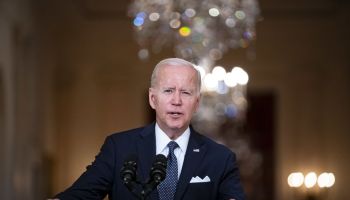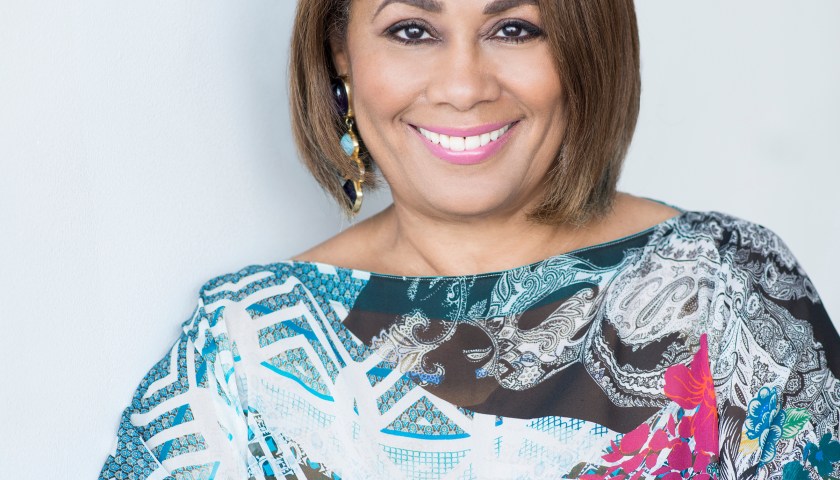If you were to liken Brazil, the country, to an individual, she would the bronzed body you saw leading a float at Rio Carnaval, flawless from afar, shaking her body with a rhythm akin to the feet of an international soccer star like Ronaldihno.
She would be the unquestionable soul of the party, and the ultimate representative of a country whose glamour, style and rigour is not that unlike the impressive image you just conjured up about a Samba Queen at Carnaval.
Indeed, since the end of the world financial crisis, Brazil’s economy has left foreign investors drooling at the mouth and Western governors scratching their bald patches in awe. The mammoth South American superpower has also begun preparations for the world’s two largest sporting events, the FIFA World Cup and the Olympic Games.
To add to its impressive list of recent achievements, the Brazilian people have decided for the first time in history, and at this time in history, that a woman should lead their country.
Dilma Rousseff, a former left wing guerrilla fighter and public official, will become President of Brazil on January 1, taking over from her colleague President Luiz Inacio Lula da Silva. She has indicated her intention to continue his socially inclusive policies in education, health and infrastructure, and as a woman is well positioned to present Brazil to the world as a land of opportunity, fairness and social progress.
However, while having taken giant moves to eliminate poverty in recent years, Brazil continues to be a land of contrasts. Around 30 percent of the country’s population lives in poverty, with the richest two per cent possessing 13 per cent of the Brazil’s household income.
Simple demographic data also reflect some unmistakeable racial contrasts. Two thirds of the 30 per cent of Brazilians living in poverty are black, and in regions with high concentrations of black voters, such as in the Northeast, political representation is strikingly disproportionate to the number of black voters.
Text continues after gallery …
Rousseff’s symbolic rise to power and her message of equality in Brazil, enhanced by her being female, are not necessarily reflective of gender in Brazilian politics either. Women continue to be underrepresented in public office like black and other minority communities such as indigenous groups.
The president-elect has promised to continue most, if not all, of the socially inclusive policies of her internationally recognized predecessor, Lula da Silva. Lula, as he is known in the region, is enjoyed widespread international support for his model.
What he leaves Rousseff, however, is far from a Brazil whose domestic conditions reflect the country’s growing GDP, and thus a marked end to the Lula era is likely to provoke some harsh analysis about the depth of social policies and the distribution of Brazil’s prosperity through education, health and infrastructure.
Brazilian economist, Edma Bachar, once referred to Brazil as ‘Belindia’ – an enormous, impoverished India living alongside a small, prosperous Belgium.
With this in mind, and come the arrival of thousands of foreign tourists and media teams for the 2014 FIFA World Cup and the 2016 Rio de Janeiro Olympic Games, the country’s Belgium is set to be on full display.
However, Brazil is also likely to find itself in the precarious situation of having to deal with its own domestic demons in front of a global audience – the 30 per cent of the population considered poor, in which half are unable to read and write and two thirds of whom are black. In other words, Brazil’s internal India.
What remains to be seen is, under the leadership of a beacon of equality such as Rousseff, whether Brazil’s extensive domestic problems will leave a mark on a country that has so successfully sold its lucrative, Queen of Samba image to the rest of the world and thus had the privacy to improve particular social issues from within.
Alas, only time will tell just how well Dilma Rousseff can move her feet and whether or not equality in Brazil is a dance move we’ll also be watching.
RELATED:

















